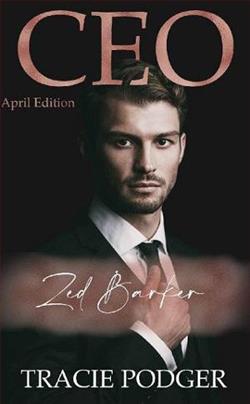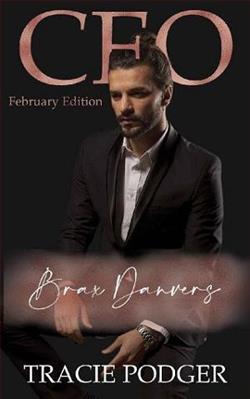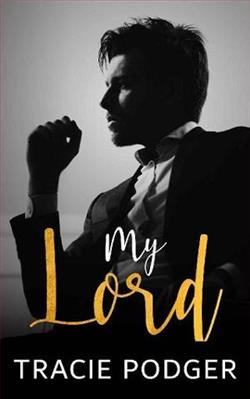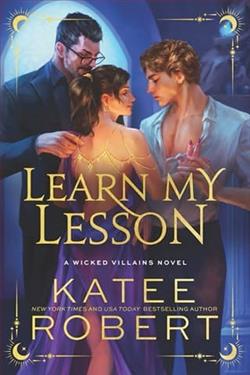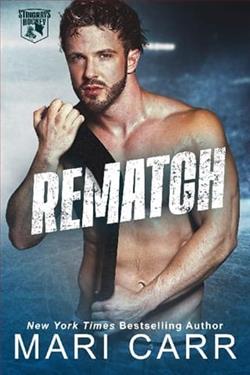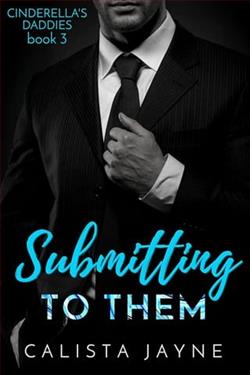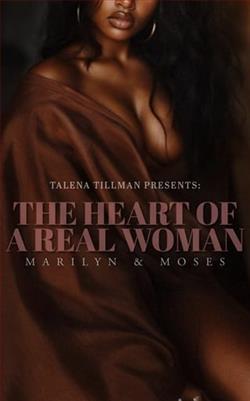Page 52 of Love and Other Chances
“Like the game of HORSE in basketball, we take turns taking shots, and the other person has to replicate. If the second person knocks down fewer pins, they get a letter. If they knock down more pins, the first person gets a letter,” he says.
“I agree to the terms,” I say, holding out my hand to shake his.
“Now who’s making up excuses to hold hands?” Brooks says with a wink. “Ladies first,” he adds, handing me my bowling ball.
I walk up to the start of the lane, do a backward granny shot through my legs, and watch as six pins fall down. Brooks hits the reset button to set them all back up.
“Piece of cake,” he scoffs, getting in position to replicate my shot. He holds his hands up in victory when eight pins are knocked over. “That’s an ‘H’ for you.”
I huff and roll my eyes. “I’m just getting warmed up. Let’s see what you got.”
Brooks takes his ball again after the pins are reset. He saunters toward the line but swivels at the last minute and flicks his wrist backward to send the ball rolling down the lane. After a couple of bounces off the bumpers, all ten pins miraculously fall.
I narrow my eyes at him. Competitive Teegan is rearing her head.
He throws me a lazy grin as I pick up my bowling ball and mimic his moves. Unfortunately, I miss the timing of the backward wrist release (it’s harder than it looked!), andseveralbounces off the bumpers later, only two pins are down.
Stomping a foot, I whirl around to find Brooks standing right behind me. “Don’t take it too hard, Sneaks,” he says, voice low. “I could let you win, if you want.”
The teasing in his gaze sparks something inside me. I poke a finger into his chest. “You’re going down, Brooks Murphy.”
Our antics escalate, feeding off of each other’s outlandish energy. There are dance moves converted into bowling shots, no-look throws, and one shot by Brooks that requires lying down on the greasy bowling alley floor. I only go along with it because Competitive Teegan has taken over my body.
An hour later, I’ve epically lost two rounds of trick shot HORSE bowling and managed to eke out one narrow victory. We’ve trash-talked, cheered, and laughed so much, my cheeks might permanently freeze in a smile.
“Okay, refueling time. Let’s head up to the snack bar,” Brooks announces after my third-round win.
“You’re just sore because you finally lost,” I tease, poking him in the side.
“I’m absolutely a sore loser. I’m going to distract you with fine dining so I can reclaim my bowling conquest,” he teases back.
Standing at the snack counter, we peruse the menu. “Order anything you want, Sneaks. The sky is the limit,” Brooks says. “No amount is too much.”
Laughing, I narrow down the edible-sounding options. “How about we share loaded nachos, a soft pretzel, and mozzarella sticks.”
Brooks nods. “Acceptable variety,” he says then turns to place our order. After paying, he looks back over to me. “We should go wash our hands while they get the food ready.”
“I thought you had an immune system of steel?” I say, raising an eyebrow.
“Even Superman has kryptonite,” Brooks states, shrugging his shoulders. “And bowling alley germs might be mine.”
After a thorough hand-cleansing, we take our food to the small table by our lane. Between bites, we share more about our college experiences and careers, slowly filling in more gaps of the lives we lived apart from each other.
Each snapshot that Brooks shares simultaneously adds water to two emotional buckets: bitterness over missing out and gratefulness to not be missing any more.
“What was your major in college?” Brooks asks. “You’ve talked about deciding to go on staff with Arrow but never mentioned what your original plan was.”
I huff a small laugh. “Education, actually.”
The nacho in Brooks’ hand stops midway to his mouth. “Are you serious?”
I shrug. “Dead serious. I was a special education major, and I hoped to teach in a resource room for elementary students who had learning disabilities or were on individualized education plans.”
Brooks slowly chews the nacho, eyes slightly narrowed and head cocked to the side. “I can absolutely see that. What originally got you interested in that path?”
“Do you remember Megan Sanders from high school?” I ask, and Brooks nods. “She was one of my friends in elementary school, and she used to struggle a ton with school. She was always so discouraged and would get in trouble in class for not paying attention, but I think it’s because she didn’t want to admit that she wasn’t getting it. They eventually tested her and discovered she had dyscalculia. Her brain didn’t process math concepts the way a typical student’s brain does. Megan started going to the resource room and learned strategies that were tailored to the way her mind worked, and it made a huge difference.”
Brooks is nodding along, understanding on that educator level. I continue explaining. “I loved the idea that I could make that kind of difference for kids, to open the world of learning to them in a way that fit their individual needs. To help themenjoyschool,lovelearning. And I loved all of my in-classroom experiences during college.”








